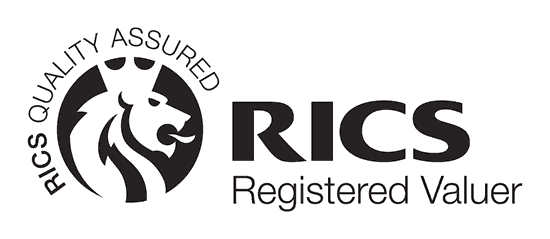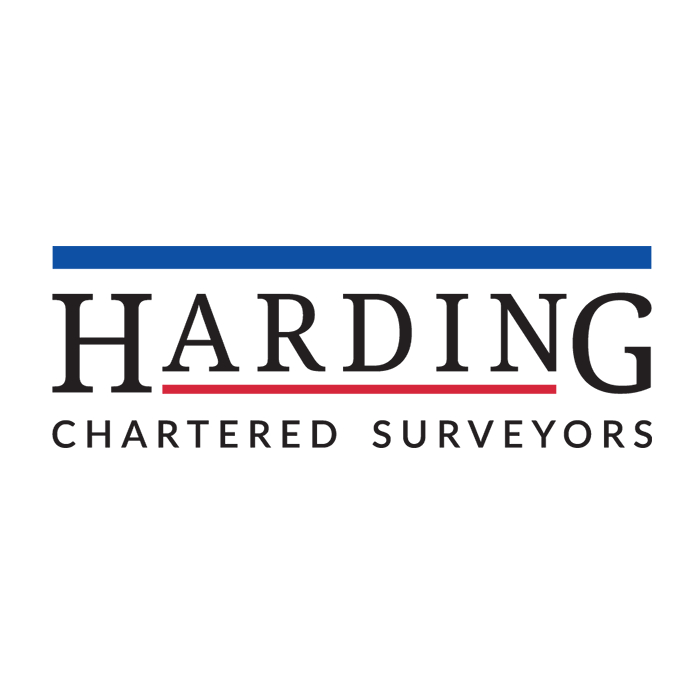Charities Act Valuation: A Guide to Charities Act 2011 Practices and the Role of an RICS Surveyor
The Charities Act 2011 is a crucial piece of legislation governing the operation of registered charities in the UK. One significant aspect of the Act is the requirement for charities to obtain professional advice for property transactions, including acquisitions, disposals, and lease alterations. This article explores Charities Act valuations, the role of the Royal Institution of Chartered Surveyors (RICS), and how firms like Harding Chartered Surveyors can help charities ensure compliance.
Understanding Charities Act Valuations and the Role of RICS
The Charities Act 2011 requires charity trustees to obtain a written report from an independent surveyor when disposing of an interest in land or property. This report must be prepared by a qualified surveyor, a member of RICS and adheres to the RICS Red Book valuation standards.
RICS is the world's leading professional body for qualifications and standards in land, property, and construction. Chartered surveyors, who are members of RICS, provide the specialist advice required for Charities Act valuations.
The Expertise of Harding Chartered Surveyors in Charities Act Valuations
Harding Chartered Surveyors is a renowned firm offering expert valuation services to charities. With a team of experienced RICS-qualified valuers, they provide independent and accurate property valuations in compliance with the Charities Act 2011 and advise charities on taking the best course of action.
Some key aspects of Harding Chartered Surveyors' services include:
- Acting exclusively for the charity: The surveyor must act in the best interest of the charity while providing valuation services.
- Comprehensive valuation reports: Their surveyors prepare detailed reports by Section 119 of the Charities Act, ensuring all statutory requirements are met.
- Expert advice: Harding Chartered Surveyors offers specialist advice on acquisitions, disposals, and lease alterations, helping charities make informed decisions.

Charities Act Valuation Quote

Recent Reviews
What is Section 119 of the Charities Act 2011 about?
Section 119 of the Charities Act in the UK is a provision within the Charities Act 2011 that outlines the requirements for disposing of land by registered charities. It stipulates that charity trustees must obtain a written report from a qualified surveyor before agreeing to dispose of an interest in land. The surveyor must be a member of the Royal Institution of Chartered Surveyors (RICS) or another recognized professional body.
The written report must contain the following information:
- The market value of the property, taking into account any terms or conditions affecting the disposal.
- Any improvements or alterations that can be made to the property to increase its value.
- The most appropriate method of disposal, such as sale or lease, to obtain the best value for the charity.
- Recommendations on how to advertise the property to attract potential buyers or tenants and achieve the best possible price.
Section 119 ensures that charity trustees take necessary precautions and obtain professional advice when disposing of land or property. This requirement helps charities make informed decisions that are in their best interest and protect the charity's assets.
RICS Charities Act Valuation

What role does the Charity Commission play in getting an RICS Valuation?
The Charity Commission is the regulator for charities in England and Wales. While the commission itself does not directly get involved in obtaining an RICS valuation, it does play an essential role in setting guidelines and ensuring that registered charities follow the rules and regulations laid down by the Charities Act 2011, including those about property transactions.
The connection between the Charity Commission and RICS valuations arises from the requirement for charities to obtain professional advice when acquiring, disposing, or leasing land or property. Under the Charities Act 2011, specifically Sections 117 to 122, charity trustees are required to seek a written report from a qualified surveyor, who is usually a member of the Royal Institution of Chartered Surveyors (RICS), before entering into any property transactions.
The role of the Charity Commission in this context is to:
- Provide guidance: The commission offers guidance documents, such as CC33, which outline the requirements and best practices for property transactions involving charities, including the need to obtain an RICS valuation.
- Ensure compliance: The Charity Commission ensures that charities follow the rules and regulations laid down by the Charities Act 2011. This includes verifying that charities obtain professional advice from RICS-qualified surveyors when dealing with property transactions.
- Grant consent, when necessary: In certain circumstances, charities may require consent from the Charity Commission before disposing of land or property. In such cases, the commission may ask the charity to provide the RICS valuation report as part of the consent application process.
In summary, the Charity Commission does not directly obtain RICS valuations for charities but plays a vital role in setting guidelines and ensuring that charities adhere to the regulations, including obtaining professional advice from qualified surveyors for property transactions.
What is CC33?
CC33 is a guidance document provided by the Charity Commission of England and Wales. The full title of the document is "CC33 - Acquisitions, Disposals, and Mortgages of Charity Land and Buildings."
CC33 guides charity trustees on the legal requirements and best practices for acquiring, disposing of, and mortgaging land and property held by charities. This guidance aims to help charities comply with the relevant provisions in the Charities Act, particularly Sections 117 to 122, which pertain to the acquisition, disposal, and mortgaging of charity land and property.
The CC33 guidance covers various aspects, such as:
- The requirement is to obtain a written report from a qualified surveyor before disposing of land or property.
- The duties of trustees are to act in the best interest of the charity when making decisions related to property transactions.
- The process of obtaining consent from the Charity Commission, when necessary.
While CC33 is not a legal document, it offers valuable information and direction for charity trustees to ensure they adhere to the Charities Act 2011 and effectively manage the charity's land and property assets.
The Importance of Choosing the Right Surveyor
Selecting the right surveyor is critical for charities to ensure compliance with the Charities Act 2011. Factors to consider when appointing a surveyor include:
- RICS membership: Surveyors must be members of the Royal Institution of Chartered Surveyors to ensure adherence to valuation standards.
- Expertise in charity assets: Choose a surveyor with experience in valuing charity assets, as they will have a deeper understanding of the unique charity requirements.
- Independence: The surveyor must be independent and act exclusively for the charity, providing unbiased advice.
Compliance with the Charities Act 2011 is essential for registered charities in the UK. Firms like Harding Chartered Surveyors offer expert valuation services, ensuring that charities receive accurate, unbiased advice for property transactions. It is important to instruct the right surveyor, so then charities can make informed decisions that are in their best interest, ultimately benefiting the communities they serve.
Harding Chartered Surveyors
Harding Chartered Surveyors play a critical role in assisting charities with their property transactions by providing accurate and reliable RICS valuations. With their team of experienced RICS-qualified surveyors, they ensure that charities comply with the Charities Act 2011 and the guidance provided by the Charity Commission.
By choosing Harding Chartered Surveyors, charities can be confident that they are receiving independent, unbiased, and professional valuation advice tailored to their specific needs. Their surveyors' expertise in handling charity assets and acting exclusively in the charity's best interest helps organizations make informed decisions when acquiring, disposing, or leasing land or property.
Ultimately, partnering with Harding Chartered Surveyors enables charities to effectively manage their assets, fulfil their legal obligations, and focus on their primary mission of serving the communities they support.








